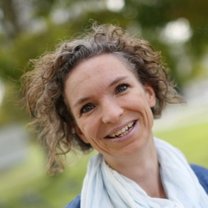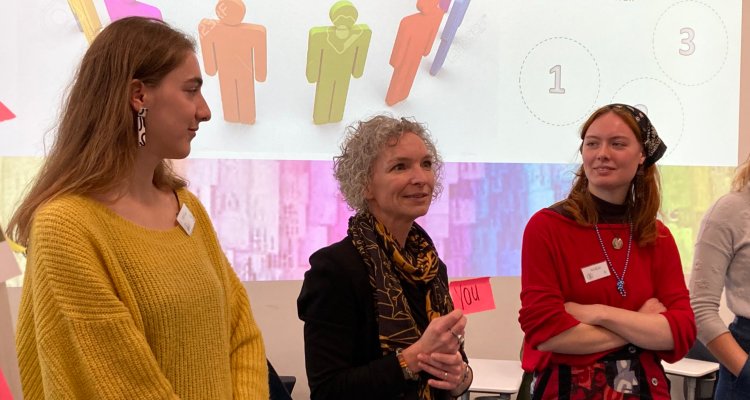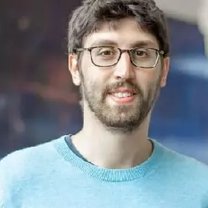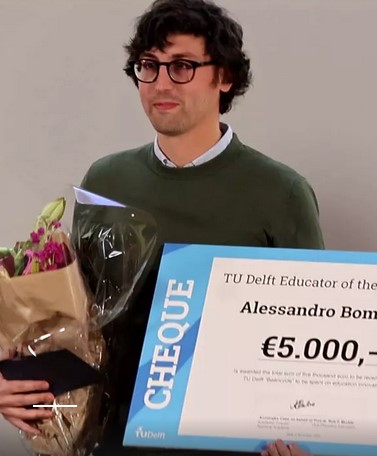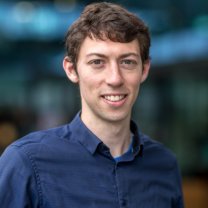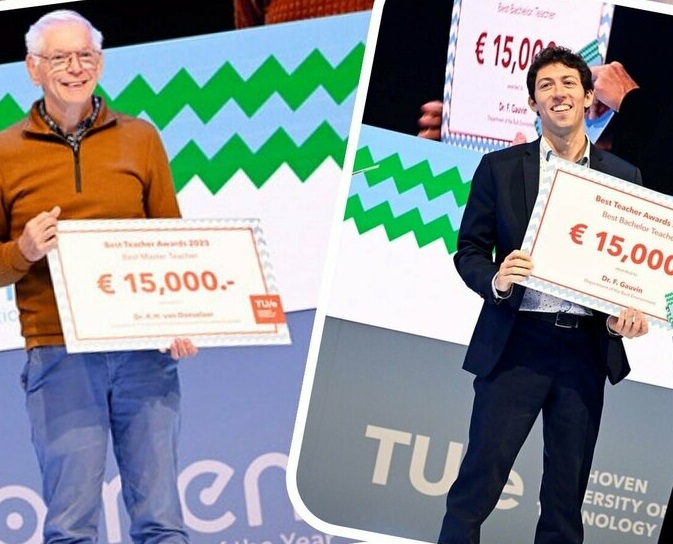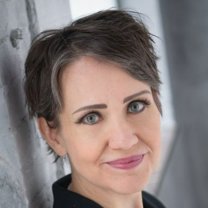Last year, elections were organised both nationally and by individual universities for the best educator of the year. 4TU interviewed the winners of the Educator of the Year Award and was curious to know why students are so enthusiastic about them and how they see the future of engineering education.
For each 4TU University “Educators of the Year” were elected in 2023. The award winners are:
· Birgit Boogaard, Lecturer in African Philosophy and Social Justice Technology and Development at WUR. She did not only win the WUR Educator of the Year Award, but also the National Educator of the Year award, double congratulations!;
· Alessandro Bombelli, Lecturer at the Faculty of Aerospace Engineering, TU Delft;
· Florent Gauvin, Assistant Professor at the Faculty of Built Environment and Karel van Donselaar Assistant Professor of Retail Operations awarded for TU/e's best bachelor and master educator respectively;
· Heidi Toivonen Assistant Professor in Narrative Research at of the Faculty of Behavioural, Management and Social Sciences at the UT.
Get to know these inspiring teachers!
Alessandro Bombelli | Educator of the Year 2023 TU Delft
Why did you receive you the teaching award from your university?
During the TU Delft Education Day on November 9th, 2023, a selection committee comprising the Vice-Rector, the Academic Director of the Teaching Academy, the previous Educator of the Year winner, and board members of inter-faculty Student Associations decided that I, out of the eight faculty Educators of the Year, was the TU Delft Educator of the Year.
The reason why students from the Aerospace Engineering faculty voted for me was my openness to discussion and feedback, my desire to challenge their critical thinking, my care for their understanding and well-being, and apparently my (mis)use of memes and jokes during lectures.
What are your ambitions for the coming years in terms of educational development and with whom do you want to realise those ambitions?
On a personal note, I want to improve my BSc-level teaching skills. Especially in BSc courses, which are very large (e.g., 400 students), it is very hard to teach in a way that well addresses all students. Notwithstanding, we should be adaptive and understand that teaching BSc or MSc students requires different skills, and BSc-level teaching is where I would like to improve the most. Generally speaking, I am passionate about mathematical modelling, a skill which has been slightly obfuscated in recent years by the advent of Artificial Intelligence and similar buzz trends. I want to ensure that students are aware of their choices and can interpret the output of their models without (entirely) outsourcing this to a machine. Within TU Delft, I am working with colleagues on a project leveraging serious games as an alternative learning process for advanced mathematical modelling to increase engagement and knowledge retention. We hope to share the final product with other interested teachers and create a small community.
This might hinder the intrinsic motivation of educators (admittedly, I am biased here). I also recognize the wind is changing, as more entities are recognizing the value of education. For example, I am grateful for the support of our Teaching Academy, which provides an amazing environment for educators to develop ideas. Hence, I hope this wind of change continues. It is never a binary choice between research or education, but how we allocate time and passion between the two.
Interview Heidi Toivonen | UT lecturer of the year 2023.
Why did you receive you the teaching award from your university?
The process started from students choosing their favourite teacher per program and ended with a grand finale where a jury assessed the mini lectures of the small group of finalists. The feedback from the students I received, underlined that they experience me as a caring, patient, and engaging teacher that motivates them to do their best. The jury commented that my lecture had the right amount of information at the right level of abstraction and I had good use of voice and good visuals. I feel like it all comes down to a combination of things that I have done along the way since I started teaching in 2021: putting effort into designing my educational events carefully, taking time when feedbacking and assessing students, listening to student feedback, and continuing to learn more while trying to maintain my genuine enthusiasm.”
What are your ambitions for the coming years in terms of educational development?
I’m particularly interested in developing myself in hybrid and interdisciplinary forms of teaching to prepare students to tackle complicated challenges. Climate change would be one good example of a challenge that calls for new forms of education delivered in multidisciplinary teams of teachers. I love teaching research methods and also want to develop further in that field. Using new hands-on, student-oriented, and technologically advanced approaches to teach how to combine different research methods is very fascinating.
My development ambitions fit with what I as a psychologist think about the future of engineering education, because I think interdisciplinary cross-pollination is going to be the magic word. Future engineering programs might collaborate more and more with psychology departments to enhance students' understanding of human behaviour, decision-making, and user-centric design. Psychology also highlights learning soft skills like communication and teamwork, and those could be incorporated more into future engineering education. I also think that future engineering education could acknowledge the mental health challenges students and future professionals might face, and integrate psychological knowledge regarding stress management or resilience-building into the curriculum.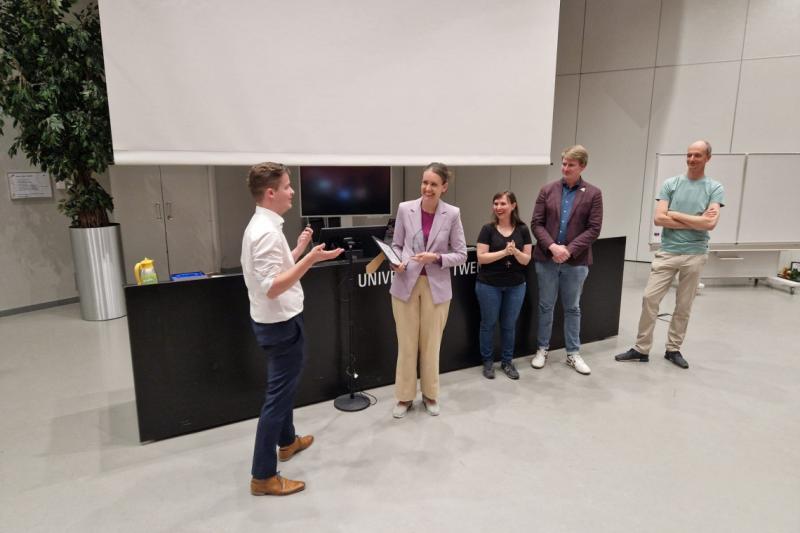
How do you want to realise those ambitions?
Firstly, of course, within my own home university. Collaboration between different educational institutions -also internationally- is really important. We also have to keep tight connections with the surrounding society and keep designing education that is really in touch with the needs of the world around us.
Do you have any other dreams when it concerns the position of education and -in particular- teachers within the university?
I hope that education is not positioned against research, because universities need both. As someone whose job includes both education and research, I think it is vital that the time and effort it takes to conduct both well is really taken into account. I hope that there would be more realism in recognising the amount of unpaid work the constantly overworking teaching and research staff does. I also hope that universities don’t become teaching factories but that attention is being paid to delivering high quality research and education. Now that the internationalization debates are particularly heated, my hope is that people understand that research is an international endeavour and its language is English. As a Finn, I think that there is even more potential to be unlocked among the English-speaking internationals in the Netherlands.




